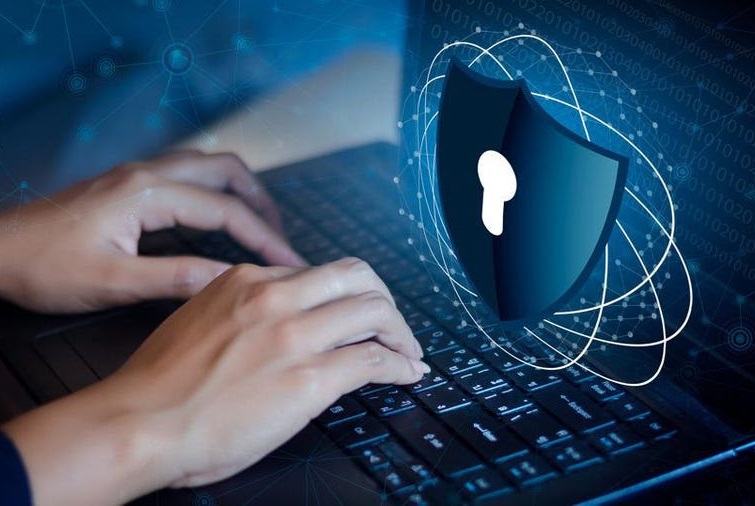Intro
As much as the digital world offers us comfort and convenience, it does come with its own risks. With more of our lives being conducted online—from banking to shopping to working remotely or freelancing—it's important to be aware of common cybersecurity threats so we can protect ourselves from possible vulnerabilities. In this post, we’ll explore what some of those threats are and how you can keep your information secure while still taking advantage of the numerous benefits that technology has brought into our lives.
Understand the Different Types of Cybersecurity Threats
It’s important to understand the various types of cyber security threats out there. They can have a major impact on how secure your data and personal information is. While most people are familiar with malicious viruses, there is a whole range of other cyber security threats to watch out for.
Some examples include phishing emails from hackers attempting to get access to your private information, as well as unsecured methods for transmitting data online. This could leave it vulnerable to being intercepted. It is important to remain alert and aware of known cyber security threats. But also keep up-to-date with emerging trends to ensure that you are properly protecting against all types of malicious activities.
Invest in Good Anti-Virus Software
Are you worried about viruses, malware and other malicious software sneaking onto your computer? The best way to protect yourself here is to invest in good anti-virus software. The peace of mind that comes with knowing you are safe is well worth the cost. Depending on your specific needs, there are a variety of kinds of anti-virus software that can be found to fit any budget and give you the protection you need. Don't wait until a nasty virus rears its ugliness on your system before taking steps to protect yourself. Invest in reliable anti-virus software here today!
Be Aware of Social Engineering Attacks
Social engineering attacks are one of the most common and deceptive methods used by cyber criminals to trick their targets. It involves manipulating people into revealing confidential information. It could also involve carrying out fraudulent activities.
As humans, we are vulnerable to these psychological tactics because attackers exploit our readiness to trust and provide helpful information. That is why it is essential to stay alert and aware of them wherever you go online. When presented with a suspicious request or offer, always pause and check its authenticity before proceeding further. Additionally, never give away any private information, such as bank details or passwords.
Make Sure Your Passwords Are Secure
One of the most basic and important ways to stay safe is by making sure your passwords are strong and secure. Passwords should be at least 8 characters long and include a mixture of capital letters, lowercase letters, numbers, and symbols.
They should also be unique to each website or application that you use. Never reuse the same password on multiple accounts. This will reduce the risk of your accounts being compromised. Additionally, make sure to change your passwords regularly. Taking some time to create strong passwords can save you an immense amount of time and stress down the line. It will protect your personal information from potential hackers and identity theft.
Regularly Run Security Scans on Your Devices
Keeping your devices secure should be a top priority for anyone who values their online safety. Make sure you're doing all you can to protect yourself. Regularly run security scans on your devices, whether it's your computer, laptop, smartphone or tablet. These scans are designed to detect viruses, malware, unwanted software and more. The viruses could be hiding in the background of your device without your knowledge.
Once the scan has been completed, you’ll know exactly what needs to be removed. This will help you use your device safely and securely. Don’t take any chances! Run those security scans today!
Enable Two-Factor Authentication on all Accounts
Two-Factor Authentication (2FA) adds an extra layer of defense against unwanted access to your accounts. By setting up 2FA, you'll receive a confirmation code sent to either your email or phone number. This number must be entered in addition to the login credentials. This notification system allows you to ensure that it's truly you logging into your accounts. And not someone else trying to access them. In just a few minutes, you can rest assured knowing your accounts are as secure as possible!
To Conclude
Cybersecurity threats are everywhere. They can come from a variety of sources. This is why it’s so important to protect yourself and your devices. This protection may require an initial investment to get started. However, the peace of mind that comes with proper cybersecurity protections is worth it in the long run.
